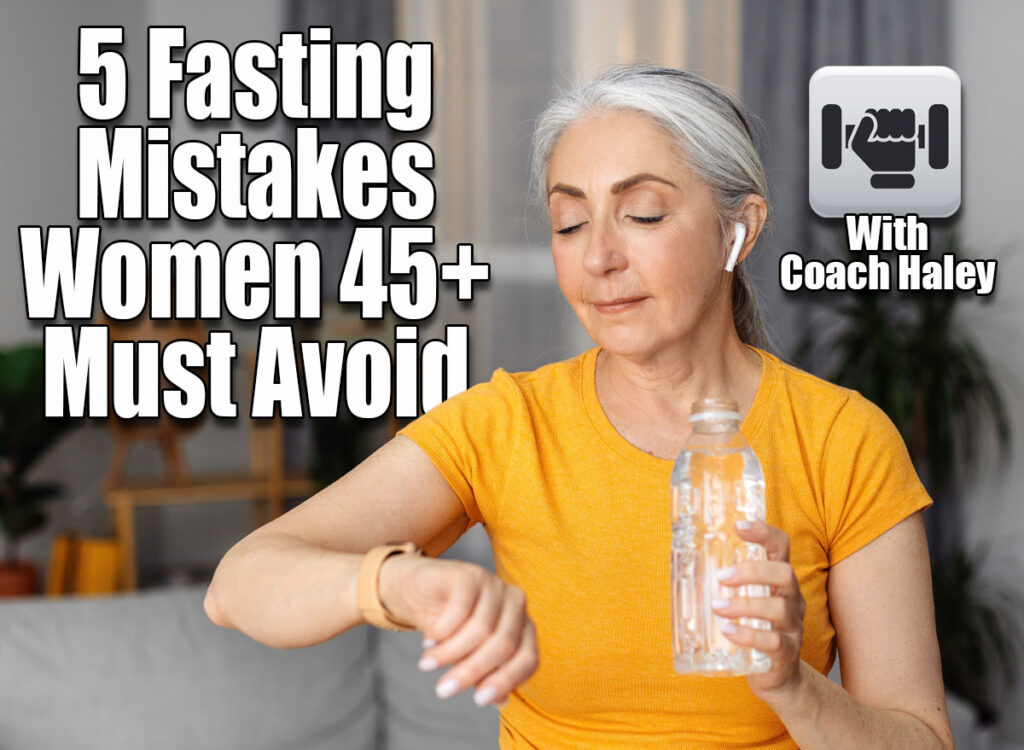Intermittent fasting can be a powerful tool to facilitate weight loss goals, especially for women passing through menopause. As hormones change, it is easier to gain weight and stimulant, but not impossible to lose.
“As women age, we are mainly fighting against time, as in biological changes that make weight loss resembles a difficult battle,” said Haley PulliHead coach, Mybodyturor.
She explains: “Our muscle mass decreases naturally, which directly slows our metabolism because the muscle is what burns the calories even when we rest.”
Many turn to intermittent fasting, which can provide promising results, but if you do not see the tip of the ladder in your favor, you could make a common mistake.
Eat this, not that! Speed with health and weight loss experts who reveal the back and not to do intermittent fasting and how to get the best result.
Do not eat enough protein
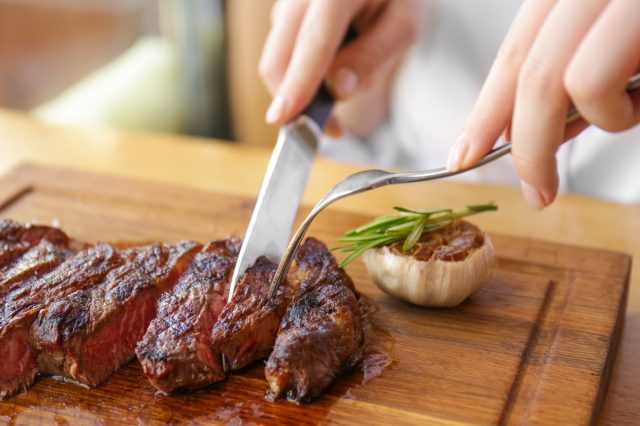
Protein is something we need, especially as we get older, but some may make the mistake of not eating enough protein during fasting.
“Another big is to jump from proteins: muscle loss accelerates in quarantine and adequate proteins are essential for women over 40,” said Terry TateossianA nutritionist Issa and a personal coach Issa, specialist in the Iin hormone, emotional consumption coach and founder of Thor: Rose’s house.
She explains: “This is not an option. It is a requirement. Ignoring sleep and stress: fasting can be a stressor; If your sleep is poor or if life is chaotic, it can turn against him. ”
So how many proteins do you need?
According to Jason ITRI, MD, PHDFounder at Longevity health clinic“For menopausal women, the distribution of 20 to 30 grams of high quality protein per meal, starting with breakfast, is considerably reduced the desires and supports the management of the long -term weight.”
Fast too quickly
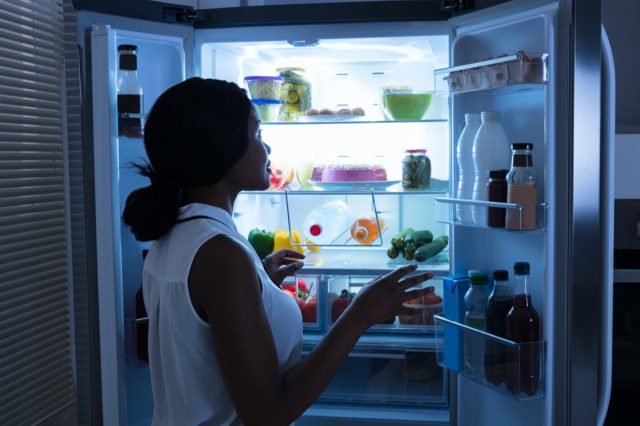

Intermittent fasting is an effective approach to weight loss, but it is something in which experts warn.
“The biggest error that I see too often are women too extreme too quickly,” explains Pouli.
“Your body does not need to be shocked by submission.”
She suggests starting with a 12 -hour window and extending it slowly.
Submaid
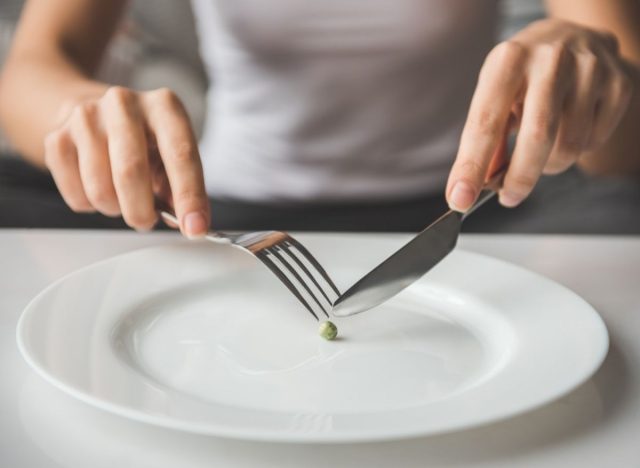

Eating in a window from eight to 10 hours is supposed to help you slow down and cut calories, but sub-feeds can become a problem.
“The sub-mange can cause nutrient deficiencies and overeating or excessive diet of rebounds,” explains Tateossian.
Break your fast with junk food
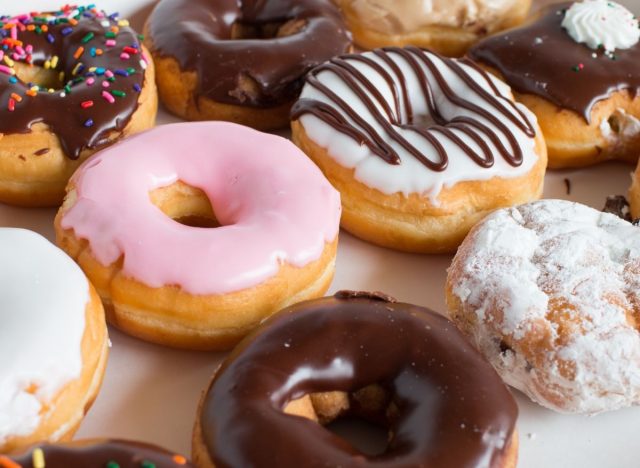

The way you break your fast is also important. Loading junk food or sugar is not healthy.
According to Pulli, “your first meal sets the whole of your food window, so do it with proteins, healthy fats and fibers.”
Tateossian explains: “Fasting is a tool. A strategy. A plan. And perhaps this strategy is deployed at some point in your weight loss journey. It is not an all or nothing approach. And this is not a punishment. “
She adds: “The idea is to enter a slight progressive calorie restriction over a period of time (or diet phase) and to go out as quickly as possible.
Do not listen to your body


Intermittent fasting is not for everyone and your body will give you signs that it is not good. Ignore them can be harmful.
“The fact of not recognizing the warning signs which indicate an excessive fasting behavior, such as sleep problems, weak libido and fatigue,” says a major error, says Dr Bronwyn Holmes-Mahtani, MD., Doctor certified by the Council and member of the medical advisory council of Eden.
Pulli adds: “If you feel dizzy, exhausted or if your cycle becomes irregular, it is your body which requires adjustments. The goal is not to punish your body in change, but to love it enough to want to improve.”
#Fasting #Mistakes #Women #Avoid #Weight #Loss

